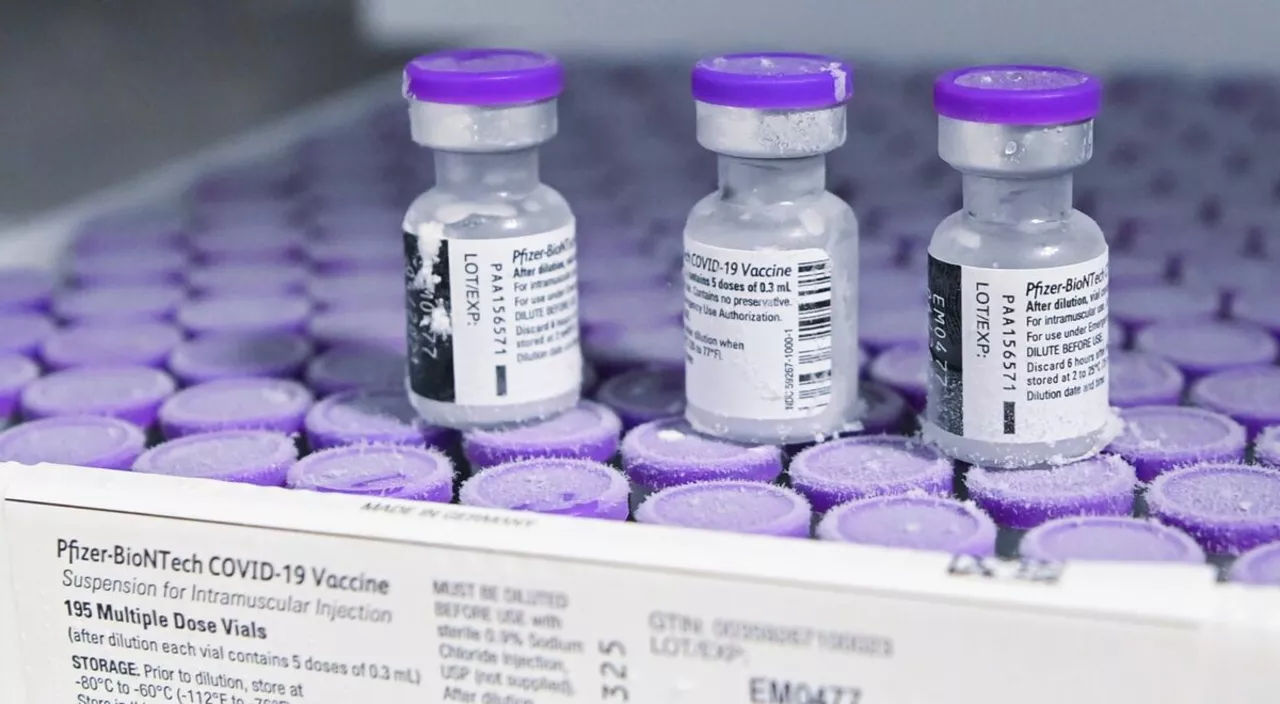Introduction to Erlotinib
Erlotinib is a targeted therapy medication that is commonly used in the treatment of non-small cell lung cancer (NSCLC) and pancreatic cancer. This drug works by inhibiting the growth of cancer cells and is classified as a tyrosine kinase inhibitor. As with any medication, it is important to understand the proper dosing and administration guidelines to ensure the safety and effectiveness of the treatment. In this comprehensive guide, we will discuss erlotinib dosing, administration, potential side effects, and tips for managing them.
Indications for Erlotinib Use
Before diving into the dosing and administration details, it is crucial to understand when erlotinib is indicated for use. This medication is primarily prescribed for patients with advanced non-small cell lung cancer (NSCLC) that has either not responded to other treatments or has recurred after initial treatment. Additionally, erlotinib may be used in combination with gemcitabine for the treatment of advanced pancreatic cancer.
Recommended Erlotinib Dosing
The recommended dose of erlotinib for adults is typically 150 mg taken orally once daily. However, the exact dosage may vary depending on factors such as the patient's overall health, weight, and response to the medication. It is important to follow the dosing instructions provided by your healthcare provider and to never alter the prescribed dose without consulting them first.
Proper Administration of Erlotinib
Erlotinib should be taken on an empty stomach, as food can interfere with its absorption. It is recommended to take the medication at least one hour before or two hours after a meal. The tablets should be swallowed whole with a full glass of water and should not be crushed or chewed. If you have difficulty swallowing the tablet, you can discuss alternative options with your healthcare provider.
What to Do If You Miss a Dose
If you miss a dose of erlotinib, it is important to take the missed dose as soon as you remember, as long as it is not within 12 hours of the next scheduled dose. If it is within 12 hours of the next dose, skip the missed dose and take the next dose at the scheduled time. Do not take a double dose to make up for a missed dose, as this can increase the risk of side effects.
Potential Side Effects of Erlotinib
As with any medication, erlotinib may cause side effects. Some common side effects include:
- Diarrhea
- Nausea and vomiting
- Loss of appetite
- Fatigue
- Rash
- Mouth sores
It is important to notify your healthcare provider if you experience any of these side effects, as they may need to adjust your dose or provide additional support to help manage the symptoms.
Managing Side Effects of Erlotinib
There are several strategies that can be employed to help manage the side effects of erlotinib. For example:
- Stay hydrated to help minimize diarrhea and prevent dehydration
- Eat small, frequent meals to help manage nausea and maintain your energy levels
- Practice good oral hygiene to help prevent mouth sores
- Apply over-the-counter creams or ointments to help soothe rashes and consult with your healthcare provider for additional recommendations
Always talk to your healthcare provider about any side effects you are experiencing, as they can provide guidance on the best ways to manage them.
Important Precautions When Taking Erlotinib
While taking erlotinib, there are several precautions that should be taken to ensure your safety and the effectiveness of the medication:
- Avoid exposure to sunlight or tanning beds, as erlotinib can make your skin more sensitive to the sun
- Do not receive any vaccinations without discussing it with your healthcare provider first, as erlotinib can weaken your immune system
- Inform your healthcare provider of any other medications or supplements you are taking, as there may be potential interactions with erlotinib
- Do not smoke while taking erlotinib, as this can reduce the effectiveness of the medication
Conclusion
Erlotinib is an important medication used in the treatment of non-small cell lung cancer and pancreatic cancer. By following the proper dosing and administration guidelines, as well as staying informed about potential side effects and precautions, you can help ensure the safety and effectiveness of your treatment. Always consult with your healthcare provider if you have any concerns or questions about your medication.


Scott Horvath
May 13, 2023 AT 14:19no cap
Kimberly Ford
May 14, 2023 AT 05:41jerry woo
May 14, 2023 AT 13:03Jillian Fisher
May 15, 2023 AT 11:09Kathryn Conant
May 15, 2023 AT 17:48j jon
May 16, 2023 AT 03:09matt tricarico
May 16, 2023 AT 07:47Jules Tompkins
May 16, 2023 AT 12:06Sabrina Bergas
May 17, 2023 AT 04:14Suzanne Lucas
May 17, 2023 AT 19:29Ash Damle
May 17, 2023 AT 22:31Kevin Ouellette
May 18, 2023 AT 09:49Tanya Willey
May 18, 2023 AT 14:34sarat babu
May 19, 2023 AT 06:23Wiley William
May 20, 2023 AT 04:46Armando Rodriguez
May 21, 2023 AT 01:14jennifer sizemore
May 21, 2023 AT 08:21Rachel Marco-Havens
May 22, 2023 AT 00:16Melvin Thoede
May 22, 2023 AT 02:07Scott Horvath
May 22, 2023 AT 09:32